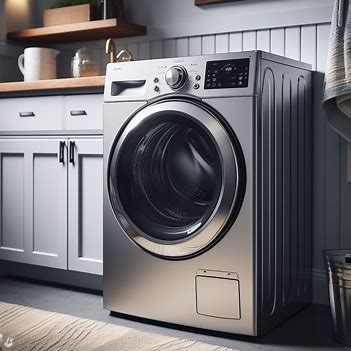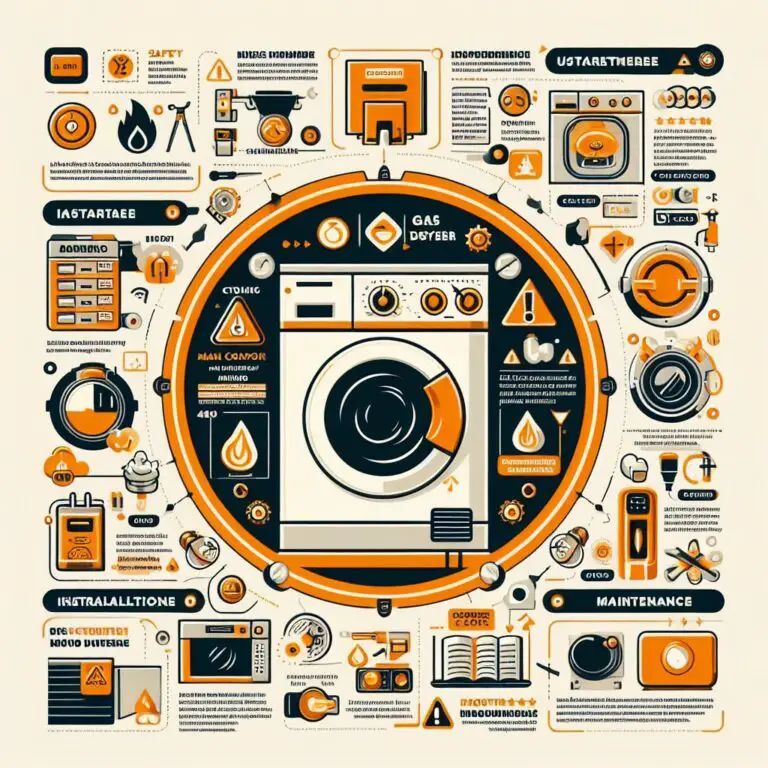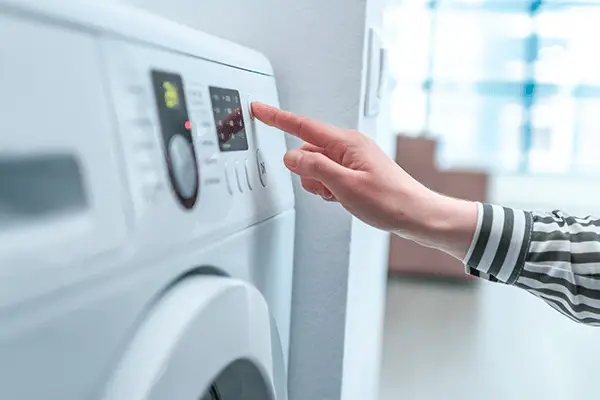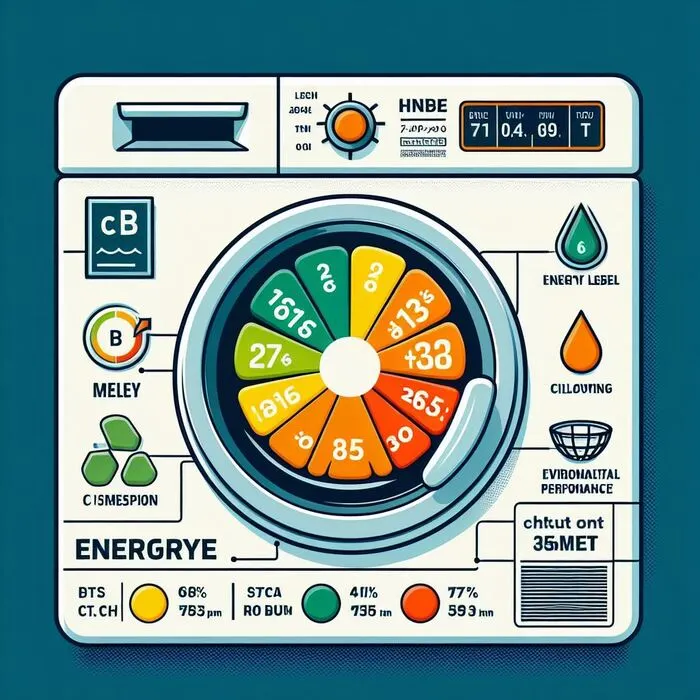Are Gas Dryers Being Phased Out? Exploring the Shift to Sustainable and Healthier Alternatives
are gas dryers being phased out?
Yes, there are growing efforts to phase out gas dryers in some parts of the world due to concerns about their environmental and health impacts. Natural gas, the fuel used to power gas dryers, is a fossil fuel that contributes to climate change as you may ask Are Gas Dryers Dangerous or not. Additionally, gas dryers emit indoor air pollutants that can trigger asthma and other respiratory problems.
California is leading the way in the United States, with a new law that will ban the sale of gas-powered appliances in new homes and buildings starting in 2023. Other states, such as New York and Massachusetts, are also considering similar bans.
In the European Union, there is a growing movement to reduce reliance on natural gas, and this is likely to lead to a phase-out of gas dryers in the future. The European Commission has proposed a ban on the sale of new gas boilers from 2029, and this could be extended to other gas appliances, including dryers.
Overall, it is likely that gas dryers will be phased out in most developed countries in the next few decades. This is due to a combination of environmental and health concerns, as well as a shift towards renewable energy sources.
what are the reasons why are gas dryers being phased out?
Here are some of the reasons why gas dryers are being phased out:
- Climate change: Natural gas is a fossil fuel that contributes to greenhouse gas emissions.
- Air pollution: Gas dryers emit indoor air pollutants that can trigger asthma and other respiratory problems.
- Energy efficiency: Electric dryers are becoming more energy efficient, while gas dryers have remained relatively stagnant.
- Renewable energy: As the world shifts towards renewable energy sources, gas dryers will become less sustainable.
I. Introduction
A. Rising Environmental Concerns
In recent years, there has been a growing concern about the environmental impact of natural gas appliances, particularly gas dryers commonly used in households. As society becomes increasingly aware of the need for sustainable living, attention is turning towards alternatives that are both eco-friendly and promote individual well-being.
B. Potential Health Risks
Parallel to environmental concerns, studies have indicated potential health risks associated with gas dryers. These risks stem from the emissions produced during the combustion of natural gas, raising questions about indoor air quality and the impact on respiratory and cardiovascular health.
C. Electric Dryers as a Sustainable Alternative
Amidst these concerns, electric dryers are emerging as a viable and sustainable alternative. The electric option not only addresses environmental and health issues but also aligns with the broader shift towards cleaner energy sources.
II. Overview of Gas Dryer Phase-Out Initiatives
A. California’s Leading Role
California has taken a pioneering step by implementing a ban on gas appliances in new homes, effective from 2023. This bold move sets a precedent for other regions to consider similar measures in the quest for a greener future.California moves to be first state to ban natural gas heaters and furnaces
B. Nationwide Discussions
Inspired by California’s initiative, several states and cities are engaging in discussions and proposing similar bans on gas appliances. While the intent is clear, challenges and considerations arise when transitioning away from gas dryers, including infrastructure adjustments and economic implications.
C. Challenges and Considerations
Implementing gas dryer phase-outs poses challenges, such as the need for updated building codes and consumer education. Striking a balance between environmental benefits and practical considerations is crucial for successful adoption.
III. Environmental Impact of Gas Dryers
A. Greenhouse Gas Emissions
Natural gas is a significant contributor to greenhouse gas emissions. Gas dryers, in particular, release carbon dioxide during operation, contributing to climate change also you can read more about Gas Dryer Carbon Monoxide. Switching to electric dryers, which can be powered by renewable energy sources, offers a tangible way to reduce this impact as you can also check if does electric dryers produce carbon monoxide or not.
B. Air Pollution and Climate Change
In addition to greenhouse gas emissions, gas dryers release pollutants like nitrogen dioxide. These pollutants not only degrade air quality but also contribute to respiratory issues. Electric dryers, being combustion-free, eliminate this source of pollution.
C. Benefits of Electric Dryers
Making the switch to electric dryers aligns with environmental protection efforts. Electric models produce zero on-site emissions, reducing the overall carbon footprint associated with household activities.
Environmental Impact Comparison: Gas vs. Electric Dryers
| Environmental Factor | Gas Dryers | Electric Dryers |
|---|---|---|
| Greenhouse Gas Emissions | High | Low to Zero |
| Air Quality Impact | Yes | No |
| Renewable Energy Options | Limited | Yes |
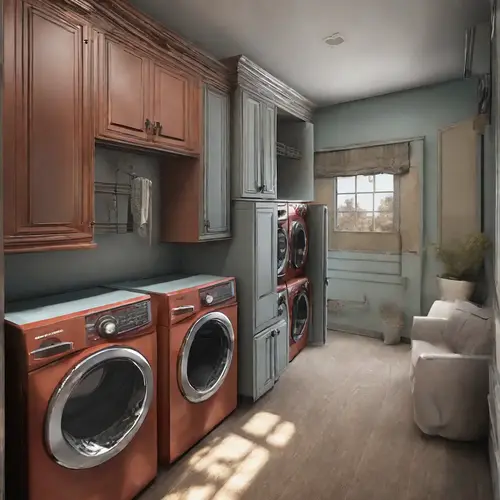
IV. Health Concerns Linked to Gas Dryers
A. Indoor Air Pollutants
Gas dryers emit indoor air pollutants, including nitrogen dioxide and carbon monoxide. Prolonged exposure to these pollutants has been linked to respiratory problems, posing a particular risk to vulnerable populations such as children and individuals with pre-existing respiratory conditions.
B. Respiratory and Cardiovascular Health
Studies suggest a correlation between the use of gas appliances and respiratory issues. Children exposed to gas dryer emissions may experience compromised respiratory development. Additionally, adults with asthma or cardiovascular conditions face increased health risks.
C. Neurological Development
While research is ongoing, there are concerns about potential neurological development risks associated with exposure to gas dryer emissions. As we prioritize health and well-being, exploring alternatives becomes imperative.
Health Impact Comparison: Gas vs. Electric Dryers
This table represent the Comparison of Gas vs Electric Dryer in terms of Health Impact :
| Health Factor | Gas Dryers | Electric Dryers |
|---|---|---|
| Respiratory Health Risks | High | Low |
| Cardiovascular Health Risks | Moderate | Low |
| Neurological Development | Under Study | Limited Research |

V. Benefits and Considerations of Electric Dryers
A. Reduced Environmental Impact
Switching to electric dryers significantly reduces the environmental impact associated with laundry activities. With the option to power electric dryers using renewable energy sources, households can contribute to a cleaner, more sustainable future.
B. Energy Efficiency Advancements
Advancements in electric dryer technology have led to increased energy efficiency, translating to lower utility bills for consumers. This not only benefits individual households but also contributes to overall energy conservation.
C. Incentives and Cost Considerations
Governments and utility companies may provide incentives for adopting electric appliances, making the transition financially viable for consumers. While the initial investment in electric dryers may be higher, long-term savings and environmental benefits outweigh the costs.
Comparison of Electric Dryer Advantages
| Factor | Advantages |
|---|---|
| Environmental Impact | Low to Zero Emissions |
| Energy Efficiency | High |
| Incentives and Cost Savings | Potential for Rebates and Savings |
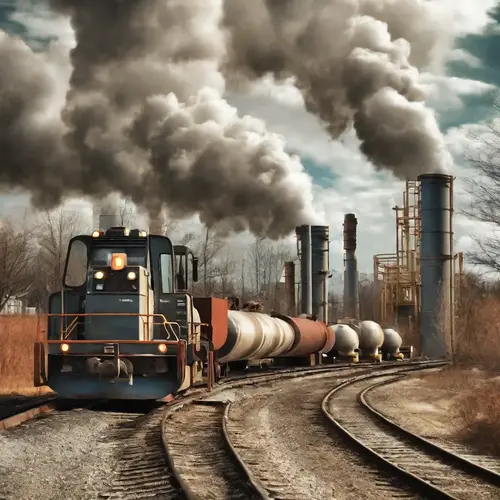
VI. FAQ About are gas dryers being phased out
Will natural gas be phased out?
Yes, there is a growing movement to phase out natural gas in many parts of the world due to concerns about its environmental and health impacts. Natural gas is a fossil fuel that contributes to climate change, and it also emits indoor air pollutants that can trigger asthma and other respiratory problems.
The timeline for phasing out natural gas will vary depending on the country or region. In some places, such as California, there are already laws in place that will ban the sale of new gas-powered appliances in new homes and buildings starting in the next few years. In other places, the phase-out may happen more gradually.
Why is natural gas being banned?
There are several reasons why natural gas is being banned in some places. Here are some of the most common reasons:
- Climate change: Natural gas is a fossil fuel that contributes to greenhouse gas emissions.
- Air pollution: Natural gas emits indoor air pollutants that can trigger asthma and other respiratory problems.
- Public health: Natural gas leaks can lead to explosions and fires.
- Energy security: Natural gas is a finite resource, and relying on it makes countries vulnerable to supply disruptions.
Is propane heat being phased out?
Propane is a liquefied petroleum gas (LPG) that is often used for heating homes and businesses. While propane is not a fossil fuel, it does emit some greenhouse gases. As a result, there is some discussion about whether or not propane should be phased out along with natural gas. We recommend to read about can gas dryer run on propane guide.
The answer to this question is still unclear. Some experts believe that propane could be a transitional fuel that helps us to reduce our reliance on natural gas. Others believe that propane should also be phased out, as it is still a contributor to climate change.
Will gas water heaters be phased out?
Yes, there is a growing movement to phase out gas water heaters in many parts of the world. Gas water heaters are a major source of indoor air pollution, and they also contribute to greenhouse gas emissions.
In some places, such as California, there are already laws in place that will require new homes and businesses to install electric water heaters instead of gas water heaters. In other places, the phase-out may happen more gradually.
As with natural gas, the timeline for phasing out gas water heaters will vary depending on the country or region. However, it is clear that gas water heaters are on their way out, and they will be replaced by more sustainable and environmentally friendly options.
IV. Conclusion
A. Summary of Key Arguments
In conclusion, the phase-out of gas dryers in favor of electric alternatives is driven by a combination of environmental and health considerations. The shift is gaining momentum, with California taking a leadership role and other regions exploring similar initiatives.
B. Outlook for the Future
As technology continues to advance and awareness grows, the future of home appliances seems to lean towards electric options. This transition aligns with broader sustainability goals and individual health priorities.
C. Emphasis on Sustainability
The importance of adopting sustainable and healthy home appliances cannot be overstated. The collective effort to transition from gas to electric dryers marks a positive step towards a greener and healthier future.

